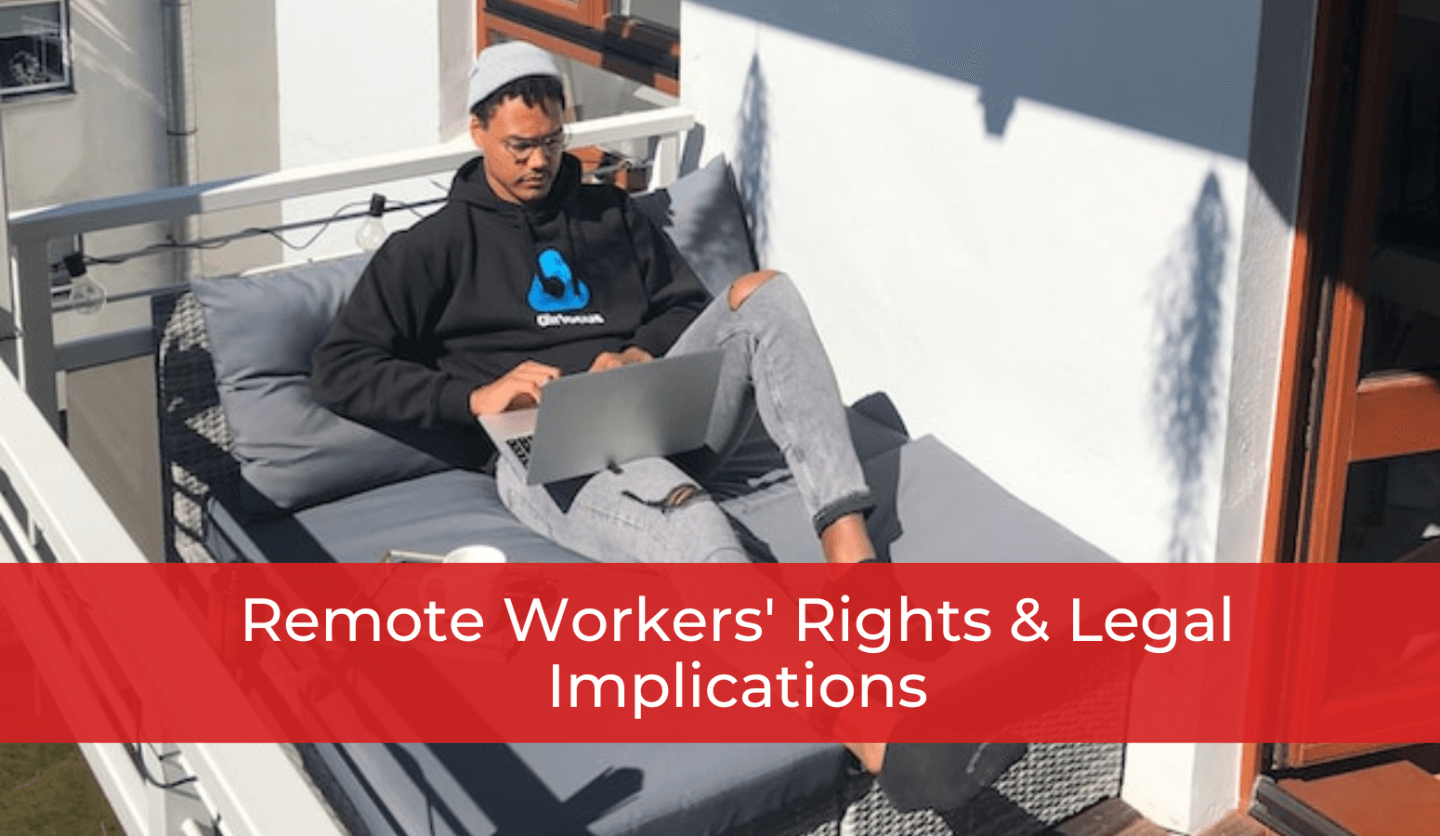
Remote Workers’ Rights & Legal Implications
Throughout the COVID-19 pandemic, we saw many workers leave the city, or even the province. While some have since been recalled to the office, others have been permitted to continue working far from their actual workplaces. One question for both employees and employers are how working away from the office will impact their employment, especially regarding employees that have left the province, or even the country.
Legal Implications of Relocating without Employer Consent
Generally, when an employee relocates without their employer’s consent, it may give rise to cause for dismissal if the issue cannot be resolved. This will of course depend on the circumstances of the case at hand, such as the terms of the employment contract, the distance of the relocation, whether there was dishonesty around the decision to relocate, and the willingness to work with the employer to find a solution.
In a 2012 BC case, Ernst v. Destiny Software Productions Inc., the court considered whether an employee’s covert move from Vancouver to Cabo, Mexico was cause for dismissal. In siding with the employer that there was cause for dismissal, the court considered that his unilateral decision to move countries, coupled with his dishonesty about that and the use of his vacation time, had broken the trust required for continued employment.
Potential Issues for Employers and Employees when Relocating Abroad
For remote workers’ rights, employees who are permitted to work abroad, there may be other considerations, such as which employment legislation will be applicable to them. As an example, someone who is employed by a British Columbia company but working full-time in Ontario would likely be considered an Ontario employee. While similar, the employment legislation in both provinces differ, and could create issues for the employer. These issues would be even more prominent for workers that leave the country altogether. There would likely be tax considerations, work permits, as well as differing employment legislation that could create a headache for the employee and employer alike.
Remote Workers’ Rights: Tips for Navigating Relocation and Remote Work
Before making the decision to move to relocate while working remotely, employees should speak with their employers to avoid any potential conflicts that may place their job in jeopardy. To better understand your workplace rights and explore the viability of a claim during these unprecedented times, we encourage employees and employers to seek legal advice. We at Whitten & Lublin are happy to provide insight and advice into your specific circumstances. If you are looking for employment lawyers and would like more information about what Whitten & Lublin can do for you, please contact us online or by phone at (416) 640-2667 today.
Author – Rachel Patten



